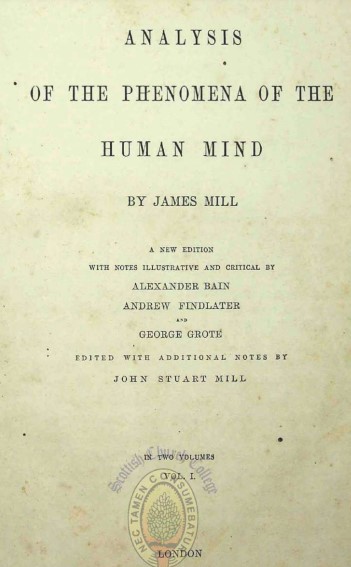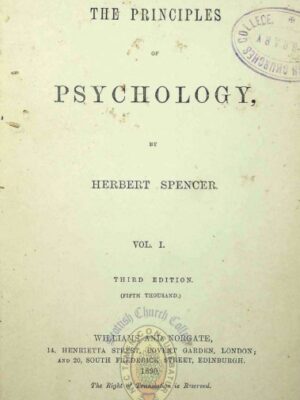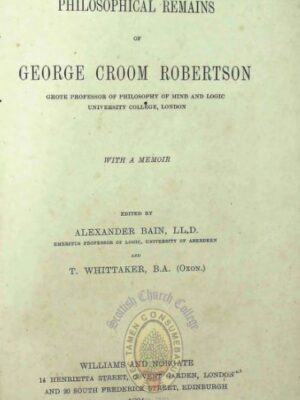Description
Analysis of the Phenomena of the Human Mind (Volume I) by James Mill is a foundational work in the field of psychology and philosophy, where Mill offers a detailed empirical analysis of human mental processes. Drawing from the British empiricist tradition, Mill examines how sensations, ideas, and associations form the basis of thought, consciousness, and behavior.
In this first volume, Mill dissects mental phenomena such as perception, memory, imagination, and reasoning. He argues that complex mental experiences are built up from simpler sensations through the process of association, a key principle in his theory of mind. Mill’s work lays the groundwork for later developments in associationism and influences figures like John Stuart Mill and the development of psychological theories of learning and cognition.
Mill’s Analysis is structured as a logical and methodical investigation, adhering to the principles of empiricism championed by philosophers like Locke and Hume. He emphasizes that all knowledge originates from sensory experience and that understanding the workings of the mind requires breaking down mental phenomena into their constituent parts.
This volume is essential for students of philosophy, psychology, and the history of thought. Mill’s rigorous approach to analyzing the mind offers valuable insights into the nature of human cognition, thought processes, and the relationship between mental and physical experiences.





